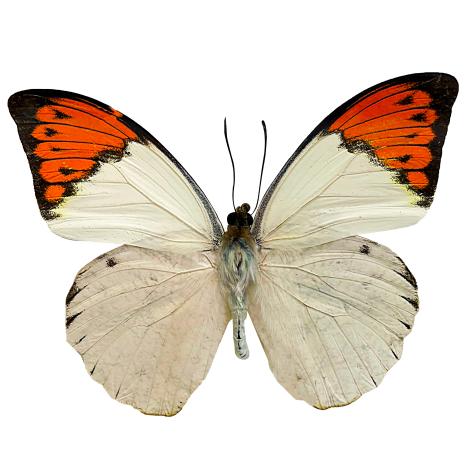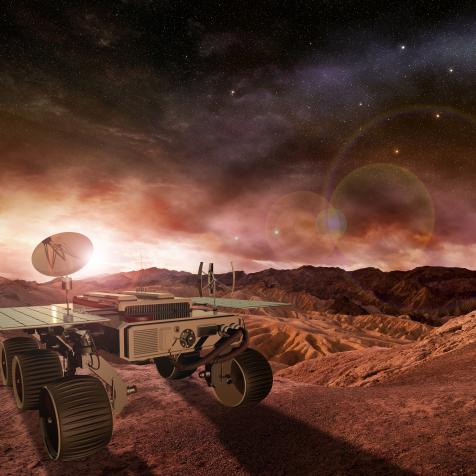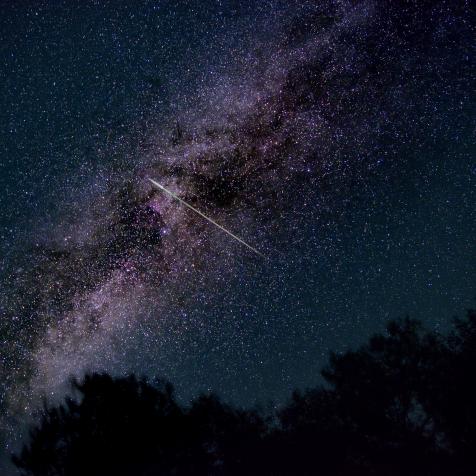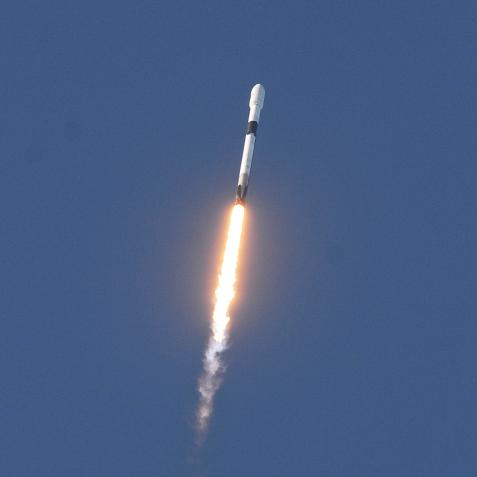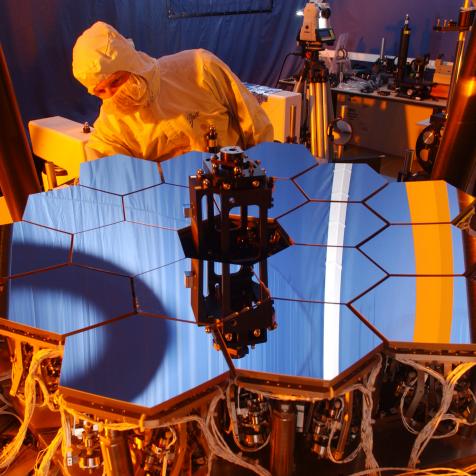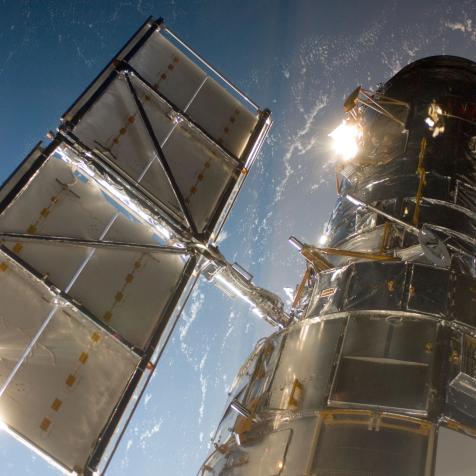
Curiosity Daily Podcast: Preserving Old Book Smells, Reacting Before Noticing, and Humans from Outer Space
Learn about why researchers have broken down the smell of old books; new research that shows why your brain has a kind of Spider-sense; and the Panspermia theory that human life originally came from outer space.
Episode Show Notes:
In this podcast, Cody Gough and Ashley Hamer discuss the following stories from Curiosity.com to help you get smarter and learn something new in just a few minutes:
- Researchers Have Broken Down the Smell of Old Books — https://curiosity.im/2V6WlkL
- Magic Or Medicine: Medieval Mysteries [Curiosity Podcast Episode] — https://curiosity.im/2trTo2y
- Seeing and Reacting to a Threat Doesn't Happen in the Order You Think — https://curiosity.im/2V7XjO2
- The Panspermia Theory Says Humans Are From Outer Space — https://curiosity.im/2V98Cp9
If you love our show and you're interested in hearing full-length interviews, then please consider supporting us on Patreon. You'll get exclusive episodes and access to our archives as soon as you become a Patron! https://www.patreon.com/curiositydotcom
Download the FREE 5-star Curiosity app for Android and iOS at https://curiosity.im/podcast-app. And Amazon smart speaker users: you can listen to our podcast as part of your Amazon Alexa Flash Briefing — just click “enable” here: https://curiosity.im/podcast-flash-briefing.
See omnystudio.com/listener for privacy information.


































































